Glass Skin Doesn't Necessarily Equal Perfect Skin
Here's how to get the look, and the real meaning behind the oft-thrown-around term.
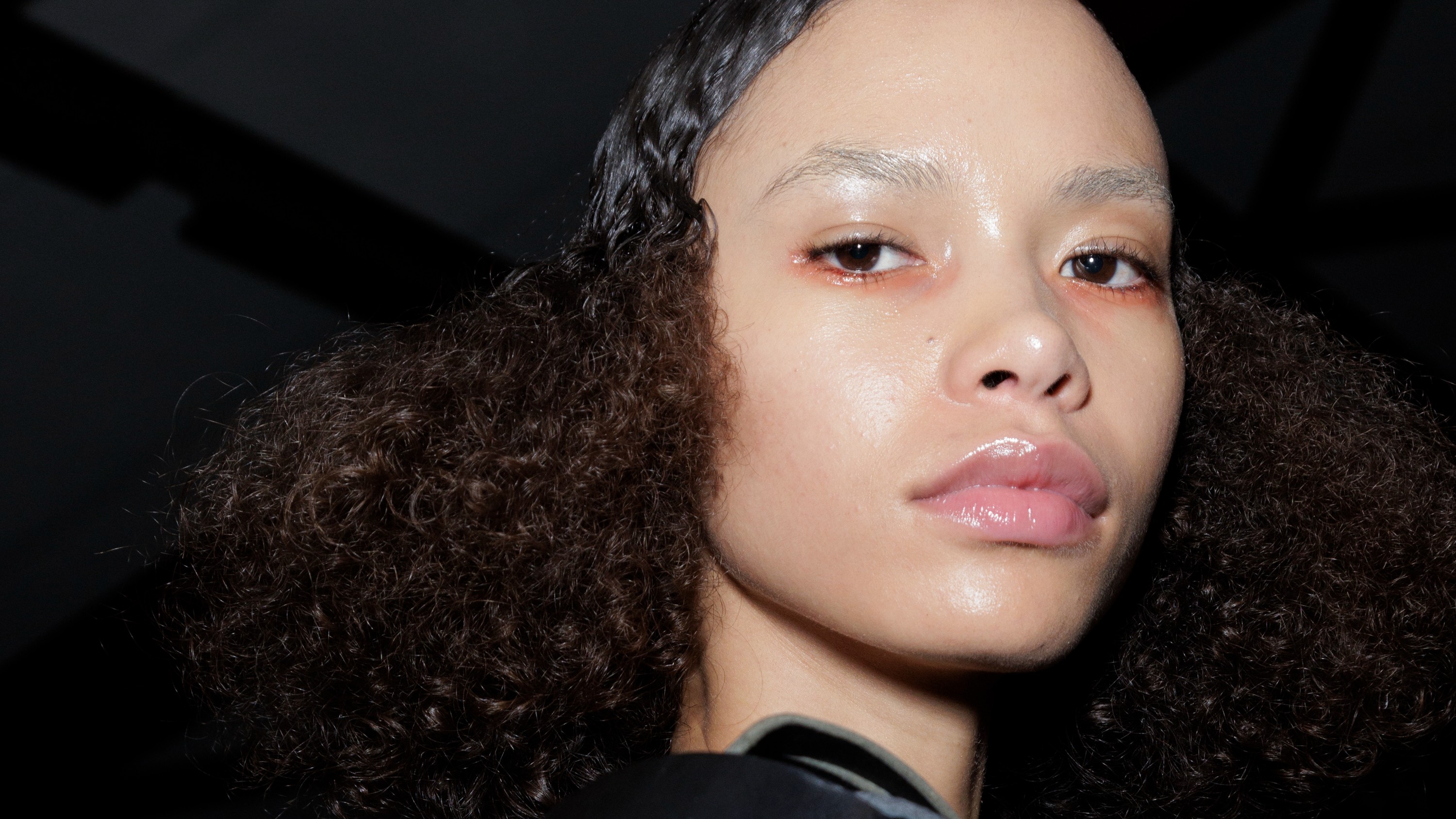

While the term "glass skin" has floated around for years, Pat McGrath's porcelain makeup looks at the January 2024 Maison Margiela show in Paris sealed it into the modern zeitgeist forever. That's not to say her vision defines the term—far from it, actually—but it did prove that we're living in a world obsessed with how to get glass skin.
But is it possible to get glass skin without heavy makeup, glosses, and glazes? According to several aestheticians, it is—so long as you have appropriate expectations.
"A lot of people think glass skin means no acne and no dark spots, but that's not what it is," says Alicia Yoon, an aesthetician and founder of K-beauty brand Peach & Lily, who is widely regarded as the genius who brought porcelain skin into the American lexicon. "If your skin is hydrated and nourished, no matter what you're going through on your skin journey, you can have glass skin."
Ahead, aestheticians and dermatologists share their insights into how to get glass skin. No, you're not about to learn how to become poreless. You will, however, learn how to achieve a luminous, healthy glow. Plus, a few favorite products to take with you on your journey.
What Is Glass Skin?
"I would define 'glass skin' as skin that has a glow or an enhanced light reflection, says Dr. Jennifer Holman, MD, FAAD, a board-certified dermatologist and board-certified micrographic dermatologic surgeon. Aesthetic physician Dr. Rachel Reyes-Bergano , medical director at SkinSpirit Pasadena, also uses the word "supple" to describe the look.
Everyone's definition of glass skin differs, but we define it as a healthy, luminous complexion. While everyone on TikTok is using the phrase today (you could scroll through the hashtagged videos for days), the term first made an impact stateside when Yoon launched her Glass Skin Refining Serum in 2018. "I had heard, in Korean, somebody use the phrase glass skin: yuli pibu (유리 피부)," Yoon tells Marie Claire about naming the product. "Even in Korea, it wasn’t a big, trending word. It was just something I heard. And that’s exactly what I envision healthy skin to be: glass skin."
Can Glass Skin Be Poreless?
It's impossible to have skin that's so flawless it actually looks like glass. "Flawless, poreless skin does not exist. It’s normal to have some texture, and regardless of what people say you cannot get rid of your pores," says board-certified dermatologist Dr. Carmen Castilla. "Even 'shrinking' pores with proper skin care and devices is exceptionally hard. However, we can improve anyone's skin with proper skin care for their skin type as well as in-office procedures."
Every routine will be unique, depending on skin type, concerns, and age, so it's key to know that glass skin is not one size fits all. "While not everyone's skin will achieve the exact same level of perfection due to normal aging and lifestyle differences, significant improvements in skin texture, clarity, and radiance can be attained through diligent skincare practices," adds Lisa Chevalier, founder of SoVous Medical Spa and Laser Center in New York.
How to Get Glass Skin With Skincare
"Glass skin is a byproduct of when your skin is thriving," says Yoon, who notes that this ability to thrive comes from the inside. Look for products formulated with the right ingredients to boost your skin's natural moisture.
"Proper skincare plays a critical role in achieving glass skin because it addresses different factors that affect its characteristics, such as clarity, texture, and radiance," adds board-certified dermatologist Dr. Amy B. Lewis, noting that products with hydrating, exfoliating, sun-protecting, and anti-inflammatory benefits are all important. "Overall, good skincare involves a combination of measures that work together, ultimately contributing to 'glass skin.'"
Keep scrolling to see some of our experts' favorite products for achieving the look.
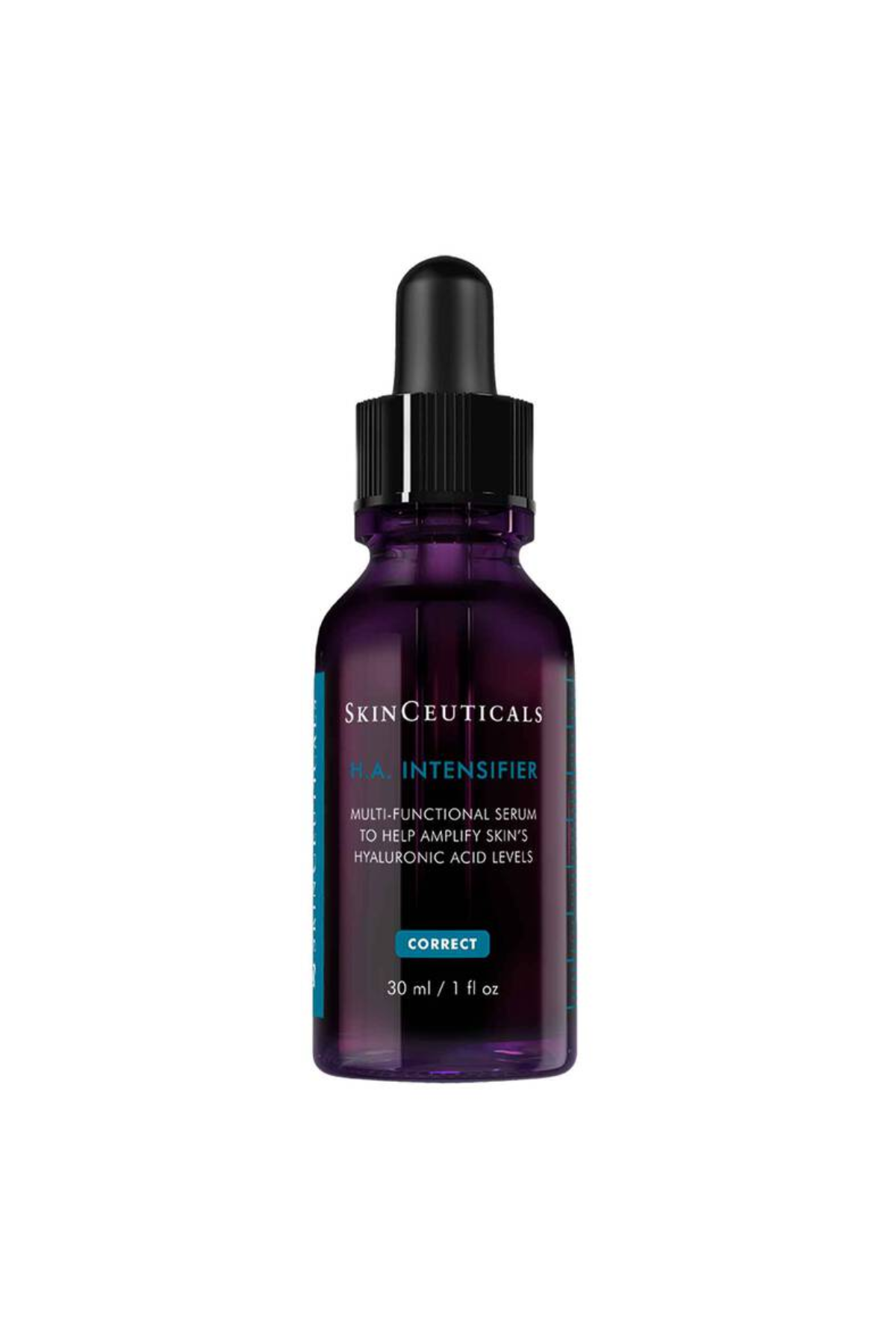
Chevalier's favorite hydrating product is SkinCeuticals' Hyaluronic Acid Intensifier. "It was one of the first products that I carried in my first office years ago, and it still lives in my own skincare cabinet," she shares. Beauty Editor Samantha Holender previously said that this serum is her winter skin savior year after year. "It has multiple HA weights, so the hydration goes deep into the skin and moisturizes on all levels. The texture is a bit tacky, but it dries down fairly quickly and leaves my skin feeling and looking much more supple," she wrote.
Pros: Expert approved; Editor approved; Intensely hydrating
Cons: Expensive
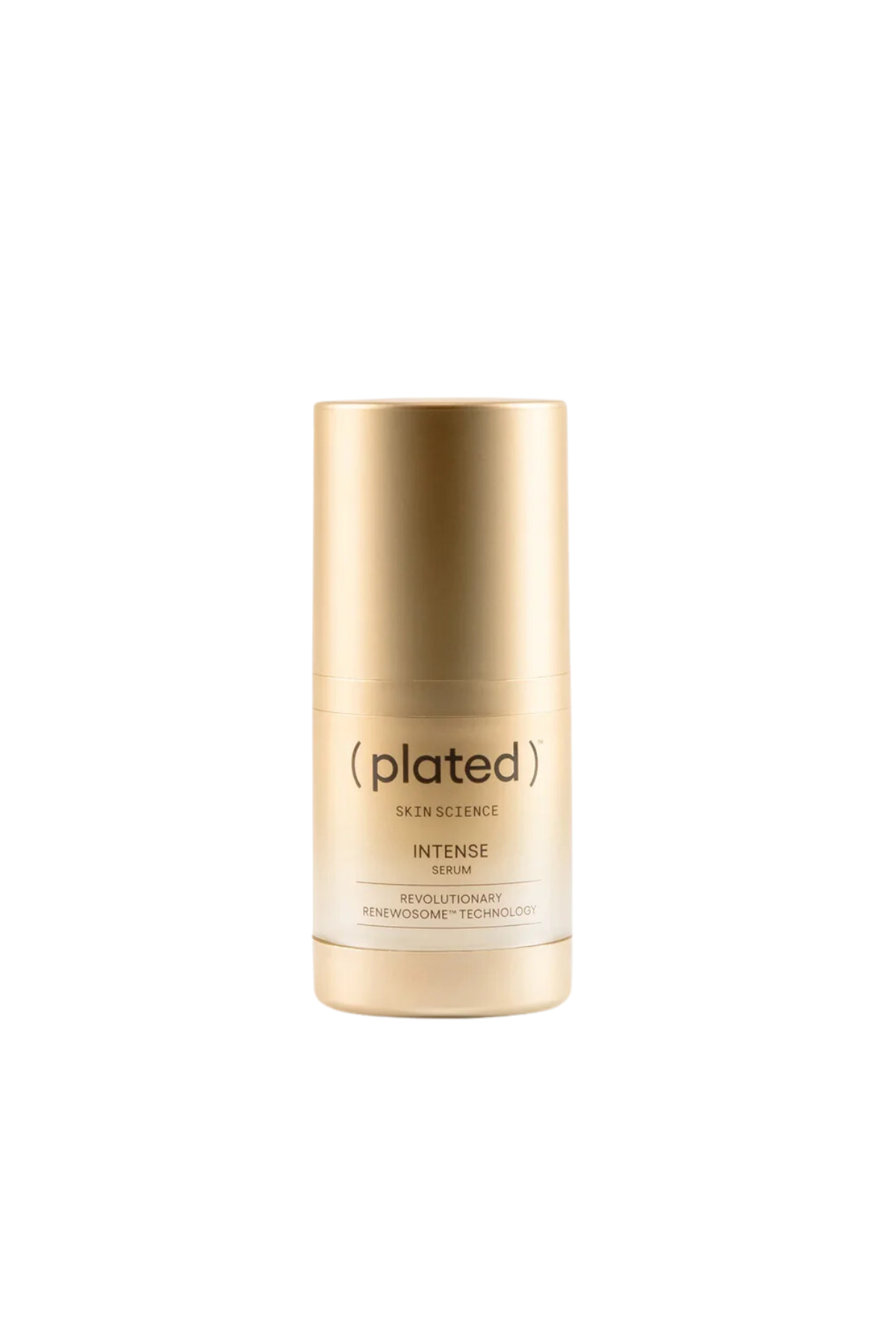
Holman, Dr. Lewis, and Dr. Reyes-Bergano are all big fans of the new brand ( plated ) Skin Science, with the latter saying that the brand's platelet-derived exosome treatments will become a staple in medical-grade skincare. "Exosomes have anti-inflammatory and healing properties and are a perfect choice for someone that wants to attain and maintain the glass skin level," shares Dr. Lewis. "There are three options: the Daily serum is a must for an everyday skincare regimen, and you can upgrade to the more concentrated Intense serum when you need a boost. (plated) calm is the perfect choice for rosacea or redness-prone skin."
Pros: (Triple) expert approved; Innovative; Backed by science
Cons: Expensive
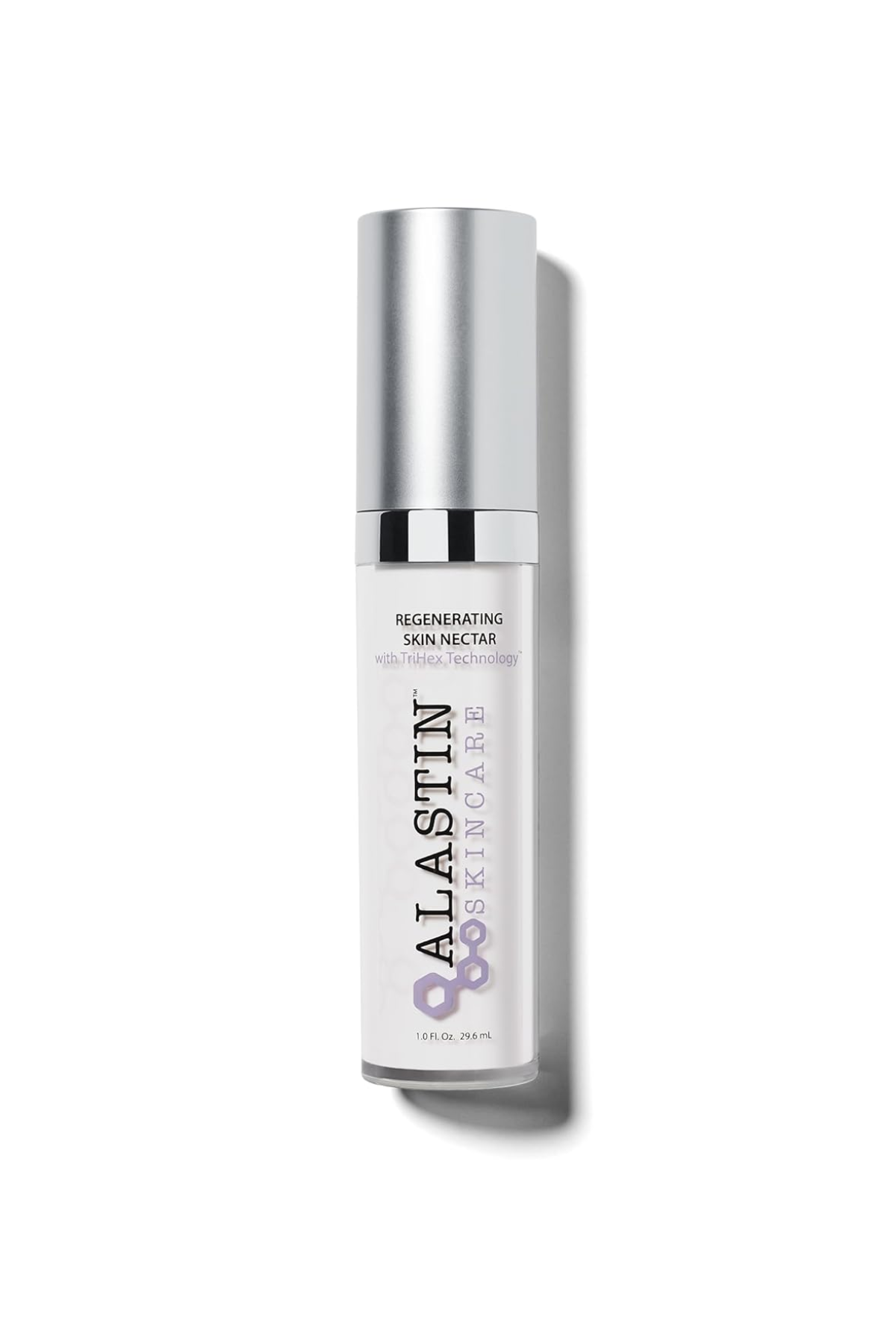
One of my recent favorite moisturizers, Alastin's Skin Nectar was specially designed to complement skin-rejuvenating procedures like laser, IPL, and microneedling. "Alastin Nectar capitalizes on Tri-Hex technology that removes damaged proteins as well as rebuilds new, healthy collagen and elastin," shares Dr. Holman. In her practice, she often has clients mix it with ( plated ) for post-laser treatment recovery. "As a dermatologist who is constantly given products to try these are both staples in my regimen because they produce real results for healthy skin," she adds.
Pros: Expert approved; Hydrating; Enhances the results of other cosmetic treatments
Cons: Expensive
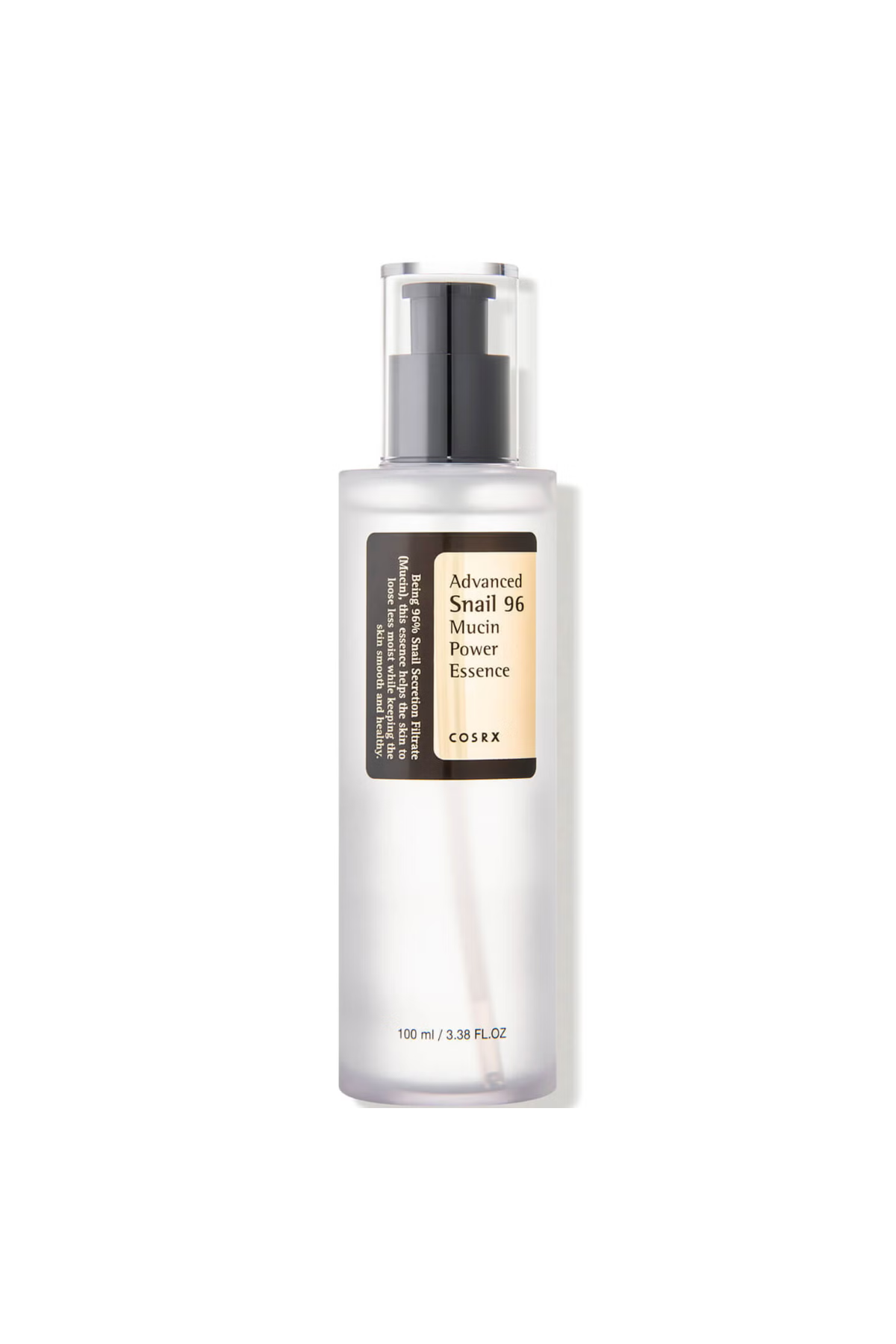
"Our skin is never going to be absolutely flawless. Instead, focus on the concept of 'glass skin' as getting your skin in its healthiest state," shares Dr. Castilla who (alongside the TikTok glass skin community) recommends COSRX's Advanced Snail Mucin Power Essence as a glass skin-supporting serum. Working to boost elasticity, brightness, and moisture, it features panthenol and 96 percent snail secretion filtrate. To use, simply apply a small amount to your face and pat in to increase absorption.
Pros: Expert approved; Hydrating
Cons: None found
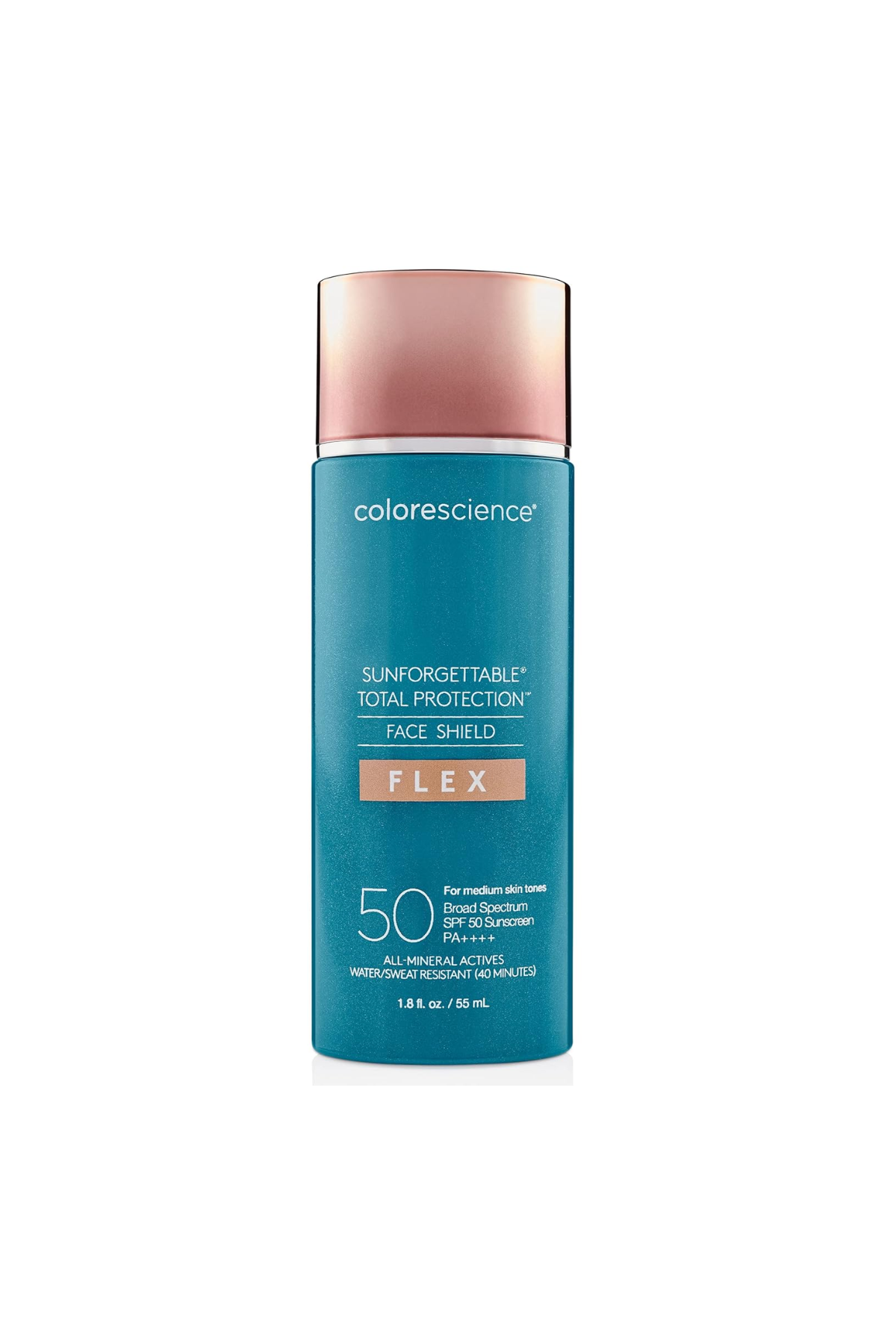
No skincare list is complete without a proper SPF product. "In terms of skincare, the most important aspect of maintaining healthy skin is daily UV protection with a broad-spectrum sunscreen," says Dr. Castilla. She likes Colorescience's Total Protection Face Shield, which boasts SPF 50 and tinted color coverage that helps even the skin tone for a flawless (dare I say glass-like?) appearance. Available in four shades, it's also safe for all skin types, sensitive included.
Pros: Expert approved; Provides environmental protection; Evens the skin tone
Cons: None found
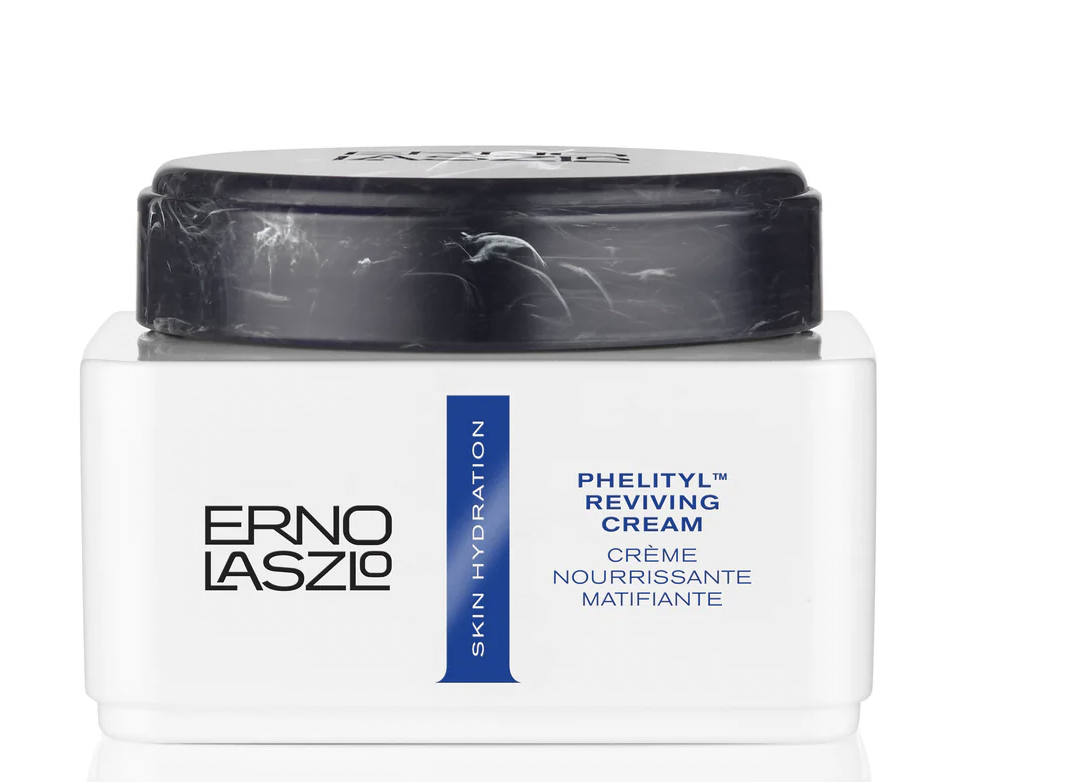
Pore-refining creams are also key moisturizers to use for obtaining glass skin. "This reviving cream from Erno Laszlo has a soft, velvety texture and a matte finish that's perfect for wearing under makeup," says Beauty Writer Gabrielle Ulubay. "Its botanical extracts, such as key ingredient Yellow Wood Tree, are made to refine and minimize the appearance of pores. With consistent use, it promises to keep skin balanced and control sebum, the oil that causes acne.
Pros: Great for acne control; great base for makeup application; natural ingredients; clinically tested
Cons: Expensive
How to Get Glass Skin With Minimally Invasive Treatments
When a client comes to Chevalier's practice, she works to construct a personalized regimen based on a number of key elements: hydration, exfoliation, cellular renewal, brightening, sun and environmental protection, nourishment, and—most importantly—consistency.
"Some individuals may be able to achieve all of these goals through a proper skincare routine while others may need to add in minimally invasive procedures like lasers and injectables to their regimen to achieve their desired 'glass skin' results," she shares.
In the office, clients can consider devices that help build collagen or even their skin tone. Lasers can target pigments, uneven texture, and pore size, while Dr. Castilla says biostimulatory fillers "can also help those with early signs of laxity or crepe-iness." Dr. Reyes-Bergano also suggests microneedling to help stimulate collagen production for smoothness and improve the skin's overall texture and tone.
Meet the Experts
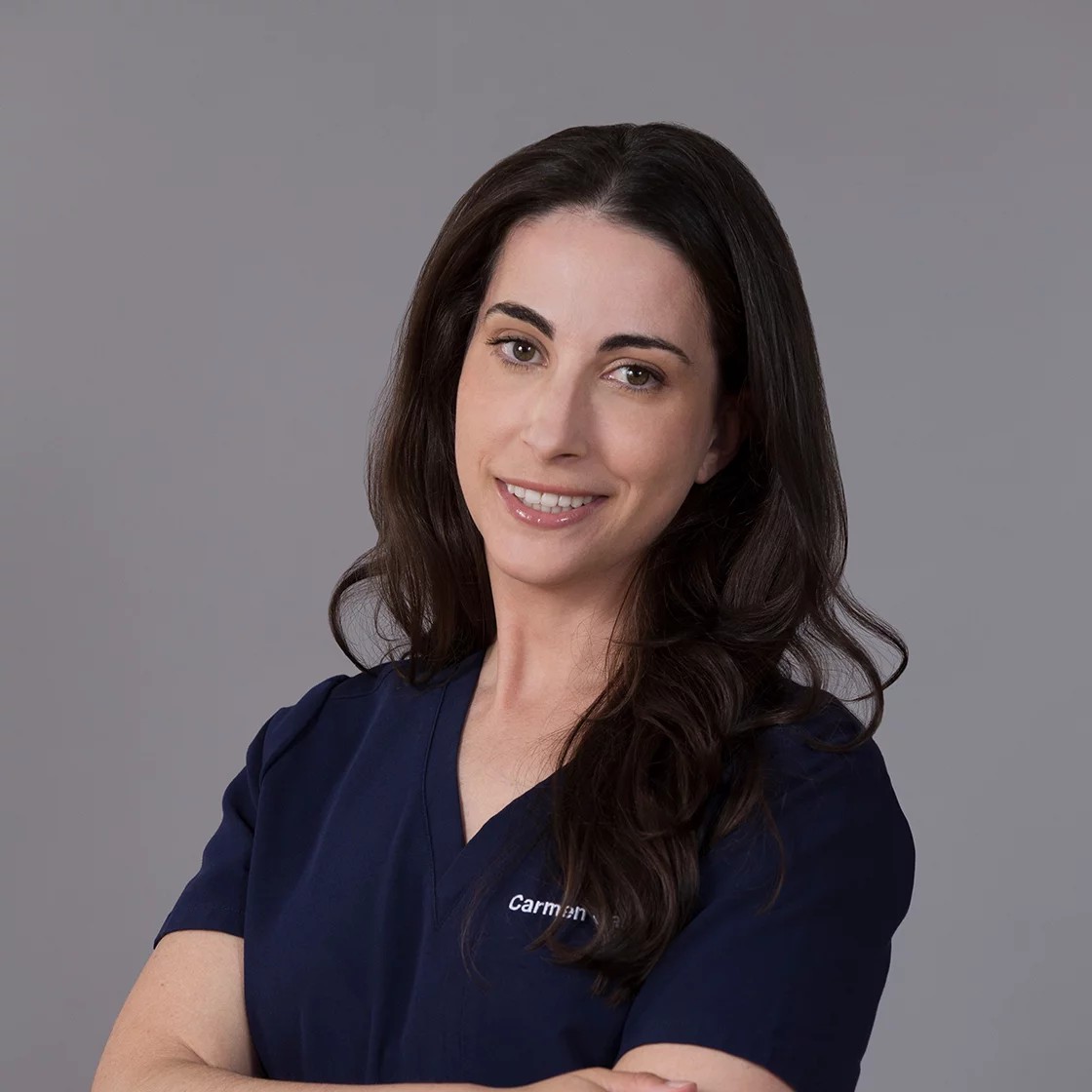
Carmen Castilla, M.D. is a Manhattan-based, board-certified dermatologist specializing in personalized treatment plans in both cosmetic and medical dermatology. Dr. Castilla graduated cumme laude from New York University, and then completed medical school at the University of New Jersey Medical School, where she was a member of the highest honor society, Alpha Omega Alpha.
As voluntary faculty at Mount Sinai Hospital, Dr. Castilla remains committed to advancing the field of dermatology through the use of advanced technology and current techniques that enhance treatment outcomes. She has published numerous papers and textbook chapters, and is nationally recognized.

Lisa M. Chevalier, M.M.S., PA-C is a NCCPA Board Certified New York and New Jersey licensed Physician Associate who specializes in both medical and cosmetic dermatology with a focus on laser therapies, injectables and aesthetics. She earned her master’s degree in medical sciences along with her certification in Physician Associate studies at Nova Southeastern University’s School of Medicine.
She completed her clinical rotations at New York Presbyterian Hospital, Weill-Cornell Medical College and Lenox Hill Hospital on Manhattan's Upper East Side. Prior to her Physician Associate studies, she earned a dual Bachelor’s degree in biology and chemistry from Baldwin-Wallace University while she worked as a nutrition counselor and a certified personal trainer.

Alicia Yoon's love of skincare comes from a personal place. She struggled with severe eczema and problematic skin growing up. She worried that she would always have itchy, rashy, painful skin. To take control of her skin, she attended skin school in Korea, and finally discovered the knowledge, techniques, and Korean Beauty product technologies that allowed her to transform it. For the past 20 years, she has continued to study skincare ingredients and Korean Skincare techniques while also obtaining her NY Esthetician license and cultivating her own unique and effective skincare treatments.
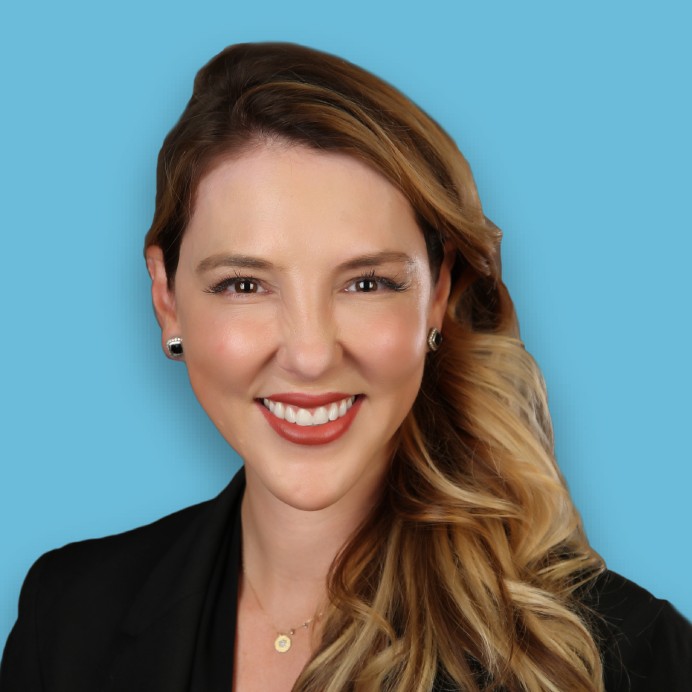
Dr. Holman is dually board-certified as a dermatologist and as a Dermatologic Micrographic Surgeon who performs Mohs surgery and delivers advanced and comprehensive care for skin cancer. She also performs multiple cosmetic procedures at Tyler’s Center for Aesthetic and Laser Medicine, which she founded in 2018. She is an expert in injectable neurotoxin (Botox), fillers, and PRP, and is a trainer for multiple aesthetic companies. In addition, Dr. Holman serves as regional president over U.S. Dermatology Partners offices in East Texas, South Texas, and Oklahoma.
Dr. Jennifer Holman received her Doctor of Medicine from the University of Oklahoma College of Medicine in 2004, graduating with special academic distinction.
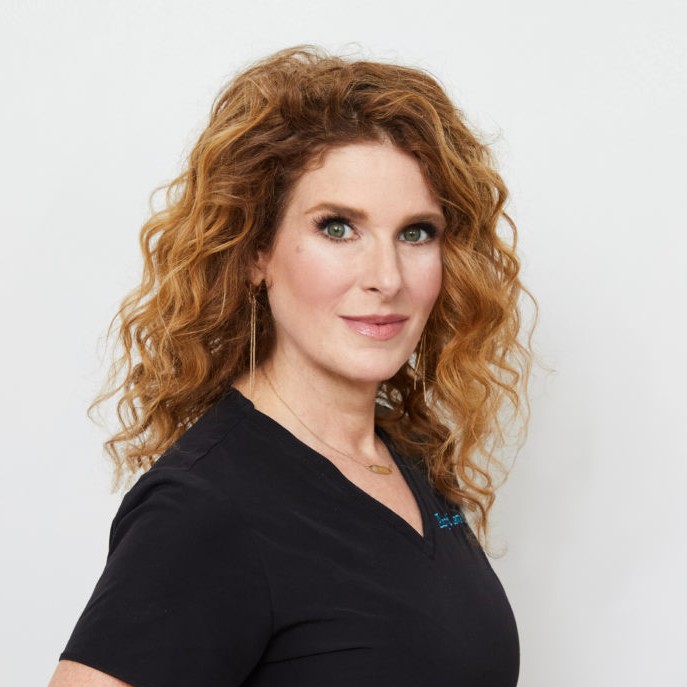
Amy B. Lewis, M.D. graduated Summa Cum Laude from the University of Pennsylvania. She then received her Medical Degree from the Yale School of Medicine. Dr. Lewis then moved to the New York area for a medical internship at Cornell/New York Hospital, and completed her Dermatology residency at Downstate Medical Center as Chief Resident. She returned to Yale for a fellowship in Dermatological Laser and Reconstructive Surgery. She then settled in Manhattan, where she has built a premier private practice specializing in Cosmetic and Laser dermatology. In 2005, Dr. Lewis founded the Yale Cosmetic Dermatology Division within the Dermatologic Surgery Department.

Rachel Reyes-Bergano, D.O. is the Founder and Medical Director of Contempo Aesthetics, a premiere Medical Aesthetics practice in Pasadena, CA, which was acquired by SkinSpirit in May 2023. As an expert injector, Dr. Rachel Reyes-Bergano has been an Allergan Medical Institute trainer since 2020, an honor reserved for top aesthetic injectors nationally.
Dr. Reyes-Bergano is board-certified by the American Board of Family Medicine. She earned her Osteopathic Medical Degree from Nova Southeastern University in Fort Lauderdale, Florida and completed her medical residency at USC Family Medicine at California Hospital in Downtown Los Angeles, CA.
Get exclusive access to fashion and beauty trends, hot-off-the-press celebrity news, and more.

Sophia Vilensky is a Freelance Beauty Writer at Marie Claire with a beauty, wellness, and entertainment journalism portfolio that includes contributions to Byrdie, Bravo, Teen Vogue, and Us Weekly. Growing up in a family of beauticians—and through her own personal studies—she developed an in-depth understanding of aesthetics, cosmetic product formulation, and beauty treatment development and has also held roles as a senior copywriter, content strategist, and proofreader for top beauty and wellness brands. Even so, you'd be hard pressed to find her with her hair and makeup actually done. Sophia is based in Minneapolis and is a 2019 graduate of the University of Minnesota, where she majored in English and minored in cinema studies. During her time at the university, she was the Arts & Entertainment Editor for the Minnesota Daily, earning the 2019 Editor of the Year award for her work. She connected deeply with the Twin Cities arts scene, collaborating with leading beauty professionals, designers, and artists. Graduating Summa Cum Laude, her thesis—a close-reading of Vanderpump Rules—was featured on NPR. When not immersed in writing or testing new products, Sophia enjoys watching reality TV, reading, and exploring the newest woo-woo wellness trends. Keep up with her on Instagram @sophiavilensky.